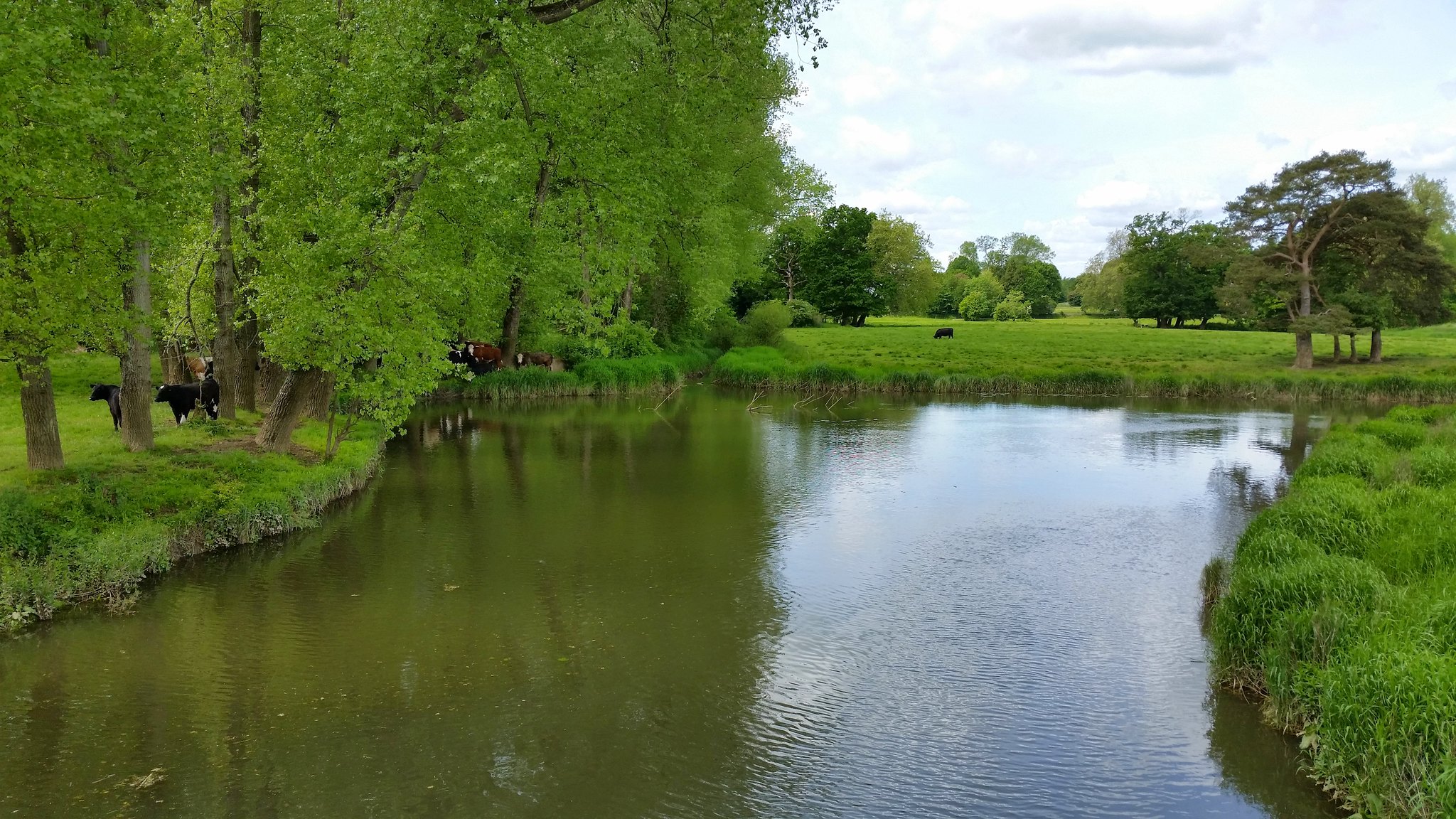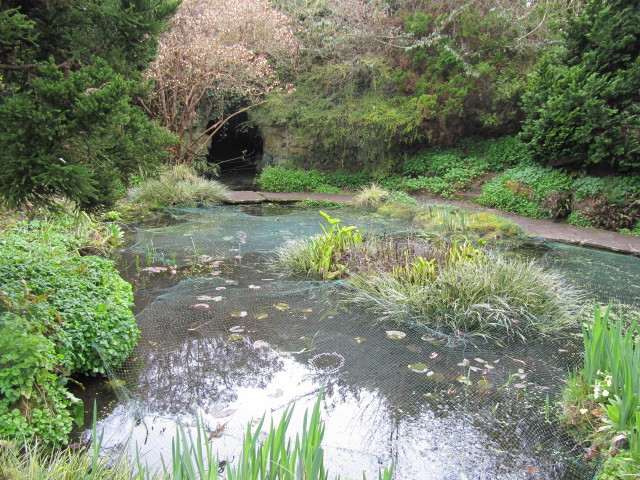The Guardian reports this has been another wet winter of big downpours and flooding, but that should come as no surprise. Winters in the UK are turning increasingly wet and climate change predictions point to even wetter winters and record-breaking rainfalls in the future. Flooding from these rains is not inevitable, though. More than 5m homes in England are at risk of flooding, and yet one in 10 new homes are being built in high-risk flood areas. These are largely flood plains, typically flat, low-lying land around rivers that would naturally waterlog like a sponge, creating a mosaic of wetlands that help soak up the water that would flood elsewhere.
Tag Archives: freshwater
UK to support plans for new global treaty to ‘turn tide’ on plastic pollution
The Guardian reports Lord Goldsmith says Britain, the second biggest per capita producer of plastic waste, could play leading role in tackling crisis. Britain has thrown its weight behind a new global agreement to tackle the plastic pollution crisis, which Lord Goldsmith said would go “far beyond” existing international agreements.
No river in England is free from chemical pollution, government report finds
 The Daly Telegraph, BBC News, The Guardian, and The Financial Times report all of England’s rivers have failed their pollution quality tests, meaning the country’s waterways are some of the dirtiest in Europe. The report from Defra found that no river in England is free from chemical pollution. New sampling methods from the Environment Agency found that in all surface water sampled, persistent chemicals were present and being consumed or absorbed by aquatic life.
The Daly Telegraph, BBC News, The Guardian, and The Financial Times report all of England’s rivers have failed their pollution quality tests, meaning the country’s waterways are some of the dirtiest in Europe. The report from Defra found that no river in England is free from chemical pollution. New sampling methods from the Environment Agency found that in all surface water sampled, persistent chemicals were present and being consumed or absorbed by aquatic life.
River Wey photo by Malcolm Oakley under creative commons.
Natural solutions boosted to help prevent floods
BBC News, BBC Breakfast interview from 0733 and The Telegraph report a new approach to combating floods in England, backing natural solutions with government cash, has been unveiled. It includes funding for schemes such as creating sustainable drainage systems – and building hollows in the ground to catch flood water in heavy rain, before storing it to tackle summer droughts.
Critics say the schemes do not go far enough at a time of climate change. George Eustice, Environment minister live on BBC Breakfast says they want to develop more “nature based solutions, including tree-planting to prevent flooding.”
Killer pigmyweed from New Zealand putting Britain’s lakes at risk
Sky News reports pigmyweed was first sold in the UK as an ornamental plant for domestic ponds but it was banned after damaging rivers and lakes. The New Zealand pigmyweed has already wiped out several native plant species in the Lake District and there are fears that the area’s most pristine lakes are next.
The Telegraph and The Express report staycationers taking a holiday in the Lake District have been warned they could be spreading a killer weed from New Zealand, which is at risk of smothering the aquatic life in the famous lakes. Pigmyweed, once sold as a decorative plant for home ponds, is already responsible for several native plant species being wiped out in the Lake District, and there are fears that the area’s most beautiful lakes could be infested next… if people travel from an infested lake to a pristine one without taking care to wash any plant debris off their clothes, dogs, boats and bodies, they risk spreading the killer weed.
‘To save our fish, we must first find ways to unblock UK’s rivers,’ say scientists
The Guardian reports Swansea University scientists say the proliferation of weirs, dams and culverts is now creating a threat to wildlife.
Near the mouth of the River Afan in Port Talbot, south Wales, a pair of seagulls were to be seen last week pecking in a leisurely way at a dead salmon lying on a gravel bank. It was an unusual sight. Salmon are rarely found in the Afan these days.
The scene may have been unexpected, but it nevertheless illustrates a growing problem, say researchers – one that already affects rivers across Europe and could pose even greater threats to habitats and wildlife in future.
River Thames home to 138 seal pups, finds annual count
The Guardian reports it has been a highway, a sewer and was declared biologically dead in the 1950s but the River Thames is now a nursery for 138 baby seals, according to the first comprehensive count of pups.
Scientists from ZSL analysed photographs taken from a specially-chartered light aircraft to identify and count harbour seal pups, which rest on sandbanks and creeks around the Thames estuary, downstream from London, during the summer, shortly after they are born.
River Thames worst of London’s freshwater sources to contain high levels of antibiotic resistant genes
I News reports central London’s freshwater sources contain high levels of antibiotic resistant genes, with the River Thames having the highest amount, according to research by UCL.
The Regent’s Canal, Regent’s Park Pond and the Serpentine all contained the genes but at lower levels than the Thames, which contained genes providing resistance for bacteria to common antibiotics such as penicillin, erythromycin and tetracycline. Experts have called for more research into better water treatment methods as a result of the findings.
Dig a pond (or rewild an old one) and nature will love you for it
Kate Bradbury writes in the Telegraph – My new pond is the heartbeat of the garden. It’s only a few weeks old, the plants are still small and the grass I sowed around the edge is but a five o’clock shadow on its muddy banks. And yet it’s permanently busy: this week I can’t see for house sparrows, and have spent hours laughing at the newly-fledged chicks taking their first bath.
Two blackbirds visit regularly for a drink and a wash, there are robins, goldfinches and tits, plus a huge herring gull that jumps in with an enormous splash and swims around in contented circles.
Photo of wildlife pond at Highdown by Leonora (Ellie) Enking under creative commons.
Illegal eel exporters exposed by Countryfile
The BBC report dealers looking to illegally export European eels from the UK have been exposed by BBC Countryfile.
Posing as a UK fisherman who had legally caught the eels on the River Severn in Gloucestershire, presenter Joe Crowley was approached by Chinese and Russian buyers and a UK exporter.
An export ban on the endangered species has been in place since 2010. The illegal trade has previously been focused on stocks in France and Spain but now smugglers have turned their attention to the UK, where glass eels can only be caught by licensed fishermen.

